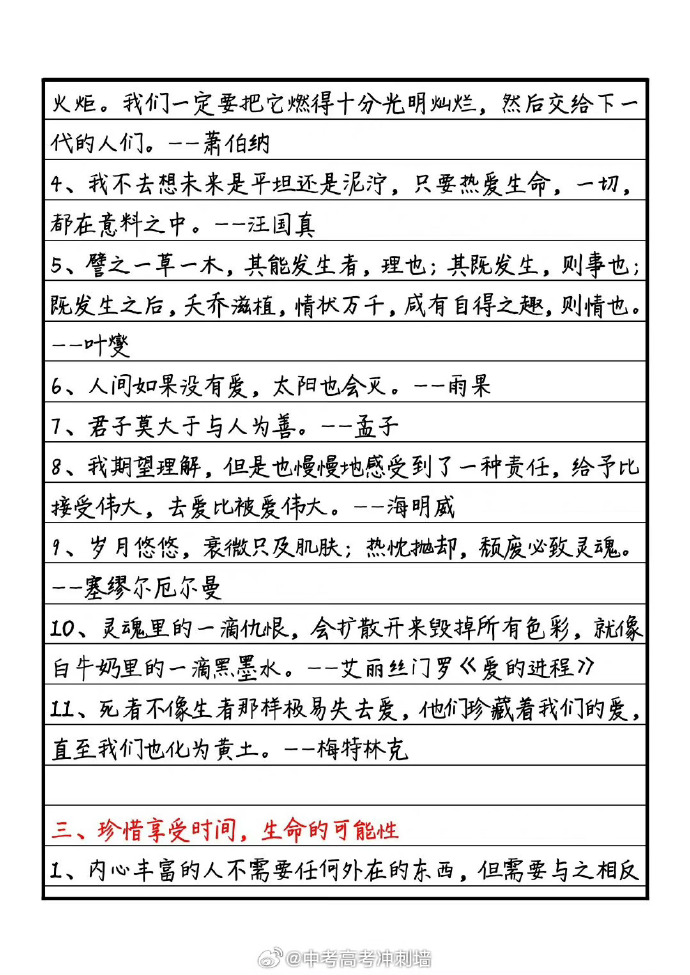Family rules are an important aspect of family life. They play a significant role in shaping our behavior, values, and relationships within the family. A well-defined set of family rules can create a harmonious and nurturing environment for all members.

Outline:
- Introduction to family rules
- Importance of family rules
- Examples of common family rules
- Benefits of following family rules
- Challenges in implementing family rules
- Conclusion
Introduction: Family rules are guidelines and principles that are established by the family members or the head of the family to ensure order, discipline, and respect within the household. These rules are essential for creating a stable and loving home environment where everyone feels secure and supported.
Importance of family rules: Family rules serve several crucial purposes. Firstly, they provide a sense of structure and predictability, which helps children feel safe and understand what is expected of them. This structure enables them to develop a sense of responsibility and self-discipline. Secondly, family rules promote fairness and equality among family members. When everyone follows the same set of rules, it prevents favoritism and ensures that each person's needs and rights are respected. Thirdly, these rules help in building strong family bonds. When family members work together to follow the rules, it creates a sense of teamwork and cooperation, which strengthens the emotional connection between them. For example, a rule like sharing household chores equally teaches children the importance of contributing to the family's well-being and fosters a sense of unity.
Examples of common family rules: There are various family rules that different families may have, but some common ones include:
- Respect: Treating every family member with kindness, courtesy, and consideration. This means not interrupting when others are speaking, listening attentively, and avoiding hurtful language.
- Honesty: Always telling the truth, even if it is difficult. This builds trust and integrity within the family.
- Responsibility: Completing one's tasks, such as homework, chores, and personal duties. For instance, children are expected to make their beds, do their homework without procrastination, and take care of their belongings.
- Screen time limits: Setting reasonable limits on the use of electronic devices like smartphones, tablets, and televisions. This encourages healthy communication and outdoor activities, as well as preventing excessive exposure to screens.
- Mealtime togetherness: Making an effort to have meals together as a family as often as possible. This provides an opportunity for family members to share their day, bond, and communicate effectively.
Benefits of following family rules: Adhering to family rules brings numerous benefits. It helps children develop good habits and manners that will benefit them throughout their lives. For example, learning to be responsible at a young age will make it easier for them to manage their time, commitments, and responsibilities as adults. It also enhances communication skills within the family. When there are clear rules about respectful communication, family members are more likely to express themselves openly and honestly, leading to better understanding and fewer conflicts. Furthermore, following family rules creates a peaceful and harmonious atmosphere at home. Everyone knows what is expected, which reduces arguments and tension. This peaceful environment is conducive to emotional well-being and personal growth.
Challenges in implementing family rules: However, implementing and maintaining family rules can be challenging. One common challenge is resistance from children. They may view the rules as restrictions on their freedom and fun. In such cases, it is important for parents to explain the reasons behind the rules in a calm and understanding manner, emphasizing the long-term benefits. Another challenge is consistency. Parents need to be consistent in enforcing the rules, as inconsistency can lead to confusion and undermine the effectiveness of the rules. Additionally, busy schedules and external distractions can sometimes make it difficult for families to stick to the rules. For example, finding time for regular family meals or outdoor activities can be challenging with everyone's hectic lifestyles. Overcoming these challenges requires patience, perseverance, and a willingness to adapt the rules as necessary while still maintaining the core values they represent.

Conclusion: In conclusion, family rules are vital for the well-being and development of both individual family members and the family as a whole. They provide structure, promote fairness, strengthen bonds, and offer numerous benefits. While there may be challenges in implementing and following these rules, the rewards of a happy, united, and well-adjusted family far outweigh the efforts required. By establishing and upholding family rules, we create a solid foundation for a loving and supportive home where everyone can thrive.
未经允许不得转载:» family rules英语作文(Family Rules)

 佰一阅读网
佰一阅读网

















